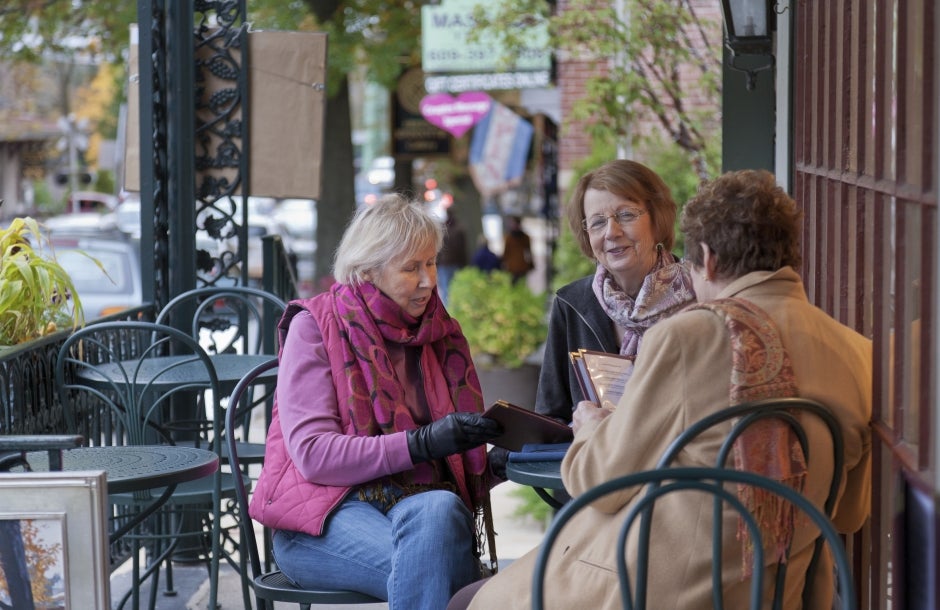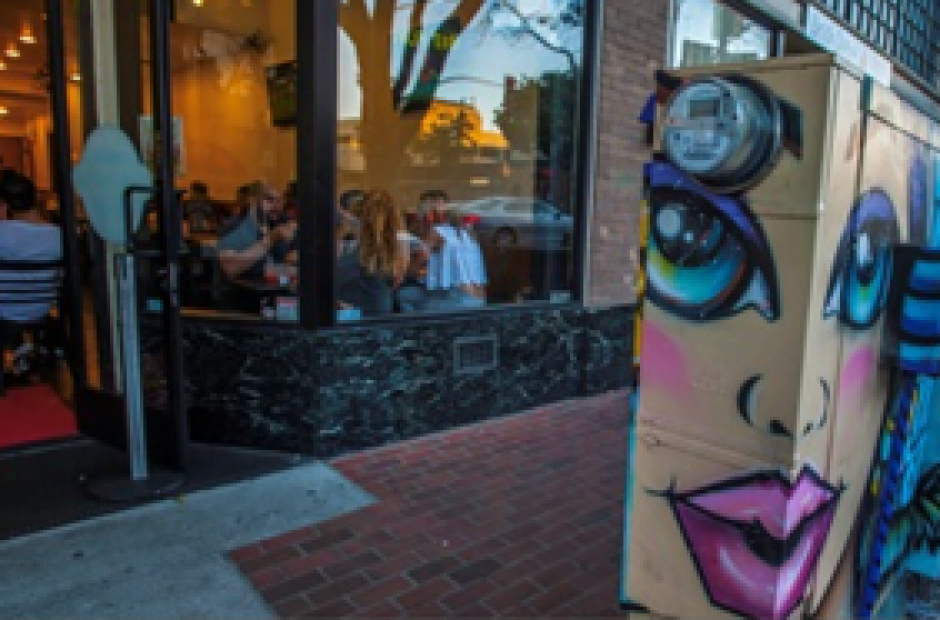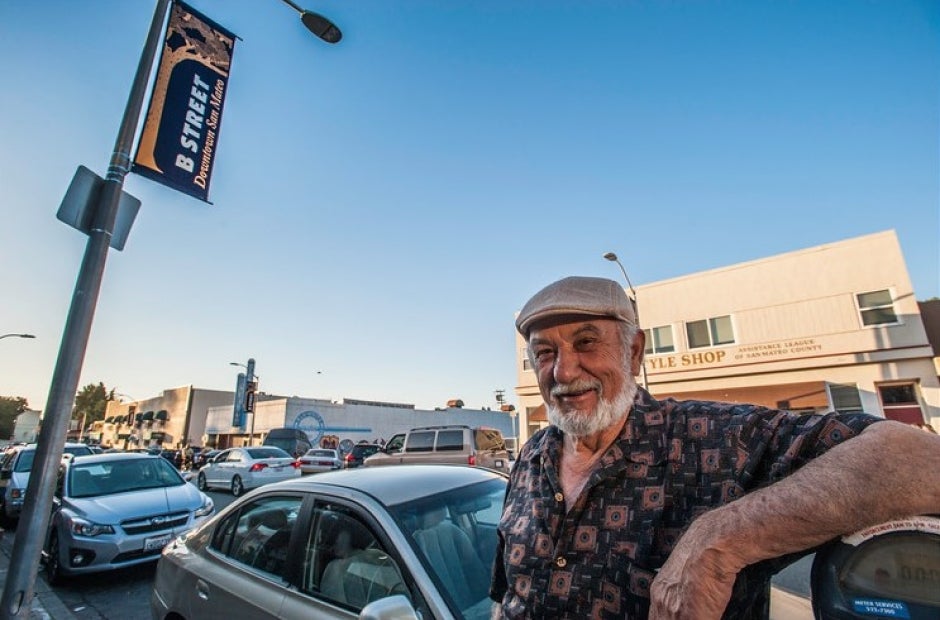Healthy Economy Successes
Healthy Economy Stories
Creating a healthier San Mateo County is a long-term commitment, with a payoff well worth our time.
Rising Living Wages
The County Board of Supervisors voted to establish a $17/hour living wage for all County contractors in October 2016! Living wage measures the gap between the minimum wage and the amount of money you need to meet a minimum standard of living. This will be phased in over 2.5 years, starting January 1 at $14/hour and gradually increase to $17/hour by mid-2019. The Board researched the issue and appointed Supervisors Carole Groom and Dave Pine to a Living Wage Ordinance Subcommittee.
Keeping what you earn
According to a recent report from Community Legal Services in East Palo Alto, we can estimate that between 10-23,000 workers in San Mateo County experienced wage theft in the last week. Wage theft is when workers are not paid what they are legally owed in full. Sadly, less than half of those who win a wage theft claim are ever paid back by their employers. Read the full report here.
Health in dollars makes cents
In May 2016, the East Bay Asian Local Development Corporation, along with the SF Federal Reserve, Sutter Health and others, hosted a discussion on how to improve neighborhoods across the Bay Area and shared strategies on how to invest in health. Ideas for how residents can help included social impact investing that pays back for health improvements and crowd sourcing for healthy options such as community markets.
Changing lives, saving others
The Emergency Medical Services (EMS) in Alameda County is making great strides to increase opportunities for underrepresented youth. Through youth development, mentorship, and job training, these aspiring EMS technicians can build financial security and improve their overall health and well-being. San Mateo County is currently exploring options to learn from the program.
A first look at minimum wage in San Mateo County
Following San Francisco and a number of cities in Santa Clara County, the City of San Mateo takes strides towards raising the local minimum wage. The City Council unanimously supported evaluating a minimum wage increase that would incrementally rise to $15/hour and requested more information on the implications of a living wage policy.
Protecting small, locally owned businesses
Case Study: San Mateo’s North B Street Improvement Initiative
Small, locally-owned businesses—such as those on North B Street in the City of San Mateo—can be important contributors to a neighborhood’s wellbeing. In addition to offering essential goods and services, these businesses provide employment for local residents, an essential aspect of community health.1 ,2,3,4,5,6







